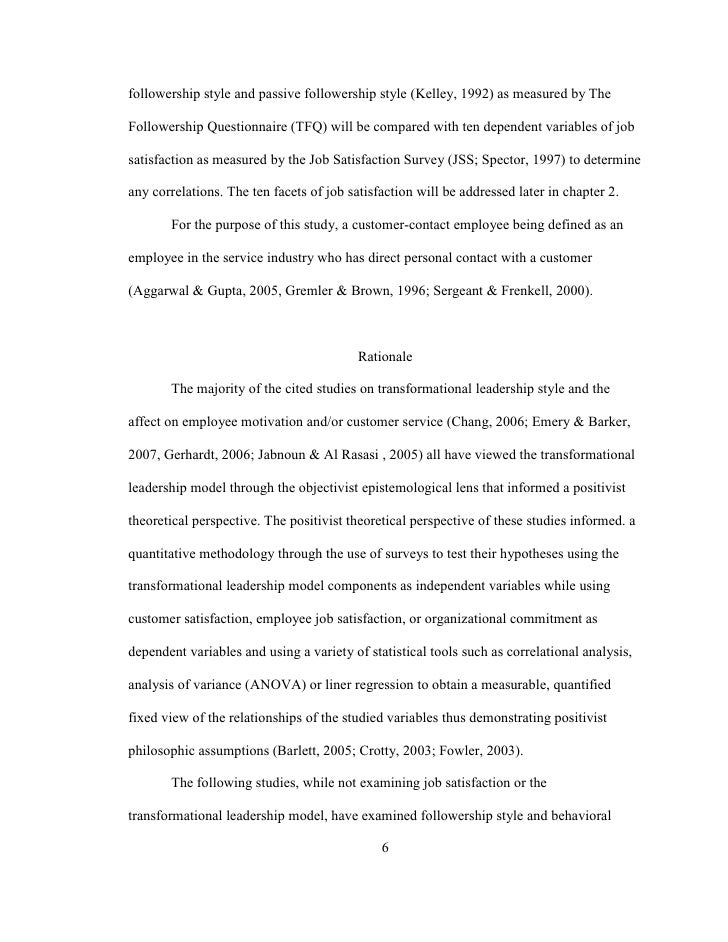The Power Of Followership Robert Kelley Pdf

We are convinced that corporations succeed or fail, compete or crumble, on the basis of how well they are led. So we study great leaders of the past and present and spend vast quantities of time and money looking for leaders to hire and trying to cultivate leadership in the employees we already have. I have no argument with this enthusiasm. Leaders matter greatly.
But in searching so zealously for better leaders we tend to lose sight of the people these leaders will lead. Without his armies, after all, Napoleon was just a man with grandiose ambitions. Organizations stand or fall partly on the basis of how well their leaders lead, but partly also on the basis of how well their followers follow.
THE FOLLOWERSHIP EXCHANGE / Front. General Blog Posts, Archives. General Blog Posts, Archives. Download the power of followership or read online here in PDF. Robert Kelley is a professor at the Graduate School of Industrial Administration at Carnegie Mellon University. Comparing Followership with Leadership 2 Introduction. The Theory of Followership Robert E. Kelley’s concept of followership has made quite a splash in. Power of Followership (1992), and How to Be a Star at Work.
In 1987, declining profitability and intensified competition for corporate clients forced a large commercial bank on the east coast to reorganize its operations and cut its work force. Its most seasoned managers had to spend most of their time in the field working with corporate customers. Time and energies were stretched so thin that one department head decided he had no choice but to delegate the responsibility for reorganization to his staff people, who had recently had training in self-management. Despite grave doubts, the department head set them up as a unit without a leader, responsible to one another and to the bank as a whole for writing their own job descriptions, designing a training program, determining criteria for performance evaluations, planning for operational needs, and helping to achieve overall organizational objectives. They pulled it off. Ga 7s748 Motherboard Drivers more. The bank’s officers were delighted and frankly amazed that rank-and-file employees could assume so much responsibility so successfully.
In fact, the department’s capacity to control and direct itself virtually without leadership saved the organization months of turmoil, and as the bank struggled to remain a major player in its region, valuable management time was freed up to put out other fires. What was it these singular employees did? Given a goal and parameters, they went where most departments could only have gone under the hands-on guidance of an effective leader. But these employees accepted the delegation of authority and went there alone. They thought for themselves, sharpened their skills, focused their efforts, put on a fine display of grit and spunk and self-control. They followed effectively.
To encourage this kind of effective following in other organizations, we need to understand the nature of the follower’s role. Joan Osborne Righteous Love Rapidshare. To cultivate good followers, we need to understand the human qualities that allow effective followership to occur. The Role of Follower Bosses are not necessarily good leaders; subordinates are not necessarily effective followers.
Many bosses couldn’t lead a horse to water. Many subordinates couldn’t follow a parade. Some people avoid either role. Others accept the role thrust upon them and perform it badly. At different points in their careers, even at different times of the working day, most managers play both roles, though seldom equally well. After all, the leadership role has the glamour and attention. We take courses to learn it, and when we play it well we get applause and recognition.